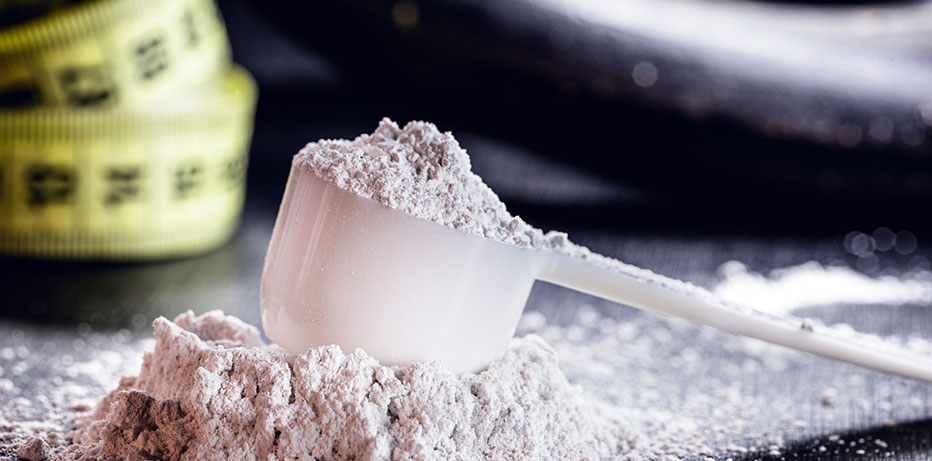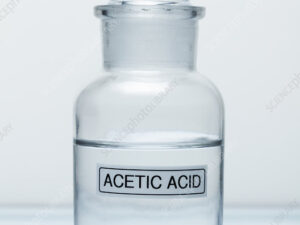Description
Leucyna (E641)
Leucine, like the other two BCAAs, improves muscle building and exercise performance. It also aids in weight loss and can reduce fatigue and muscle soreness after exercise. In addition, leucine is the main BCAA that increases the body’s ability to produce muscle proteins. Leucine is obtained as a result of the synthesis of the most popular proteins.
| Physical and chemical characteristics | Value |
|---|---|
| Description | White crystals or crystalline powder, odorless or with a slight characteristic odor, slightly bitter taste |
| Solution State (Transparency) | Not less than 98.0% |
| pH | 5,5 – 6,5 |
| Specific rotation [α]20D | +14,9 – +16,0° |
| Specific rotation [α]25D | +14,9 – +17,3° |
| Ammonium ion (NH4) | No more than 0.020% |
| Chloride (Cl) | No more than 0.020% |
| Sulphate (SO4) | No more than 0.020% |
| Iron (Fe) | No more than 10 ppm |
| Heavy metals (Pb) | No more than 10 ppm |
| arsenic (As2O3) | No more than 1 ppm |
| Loss on drying | No more than 0.020% |
| Ignition residue | No more than 0.010% |
| Related substances | No more than 0.5% |
| Endotoksyna | Less than 6.0 EU/g |
| Analysis (dry basis) | 99 – 101% |
The shelf life of leucine is. The product should be stored in a dry place, at a temperature between 15°C and 30°C.
It is used in the food industry as an additive to high-protein products, and in agriculture it is used as an ingredient in animal feed, supporting their growth and health.
Leucine is primarily used as a dietary supplement for health-conscious consumers and athletes. It is commonly used as a supplement for bodybuilders and weight loss. Leucine is also used in the pharmaceutical industry as a dispersing agent in inhaled medications.
It is used in clinical nutrition, where it plays a role in nutritional preparations for patients requiring dietary support, especially in cases of malnutrition.
Leucine is also used in scientific research as an important ingredient in the study of protein metabolism and aging research.














Reviews
There are no reviews yet.